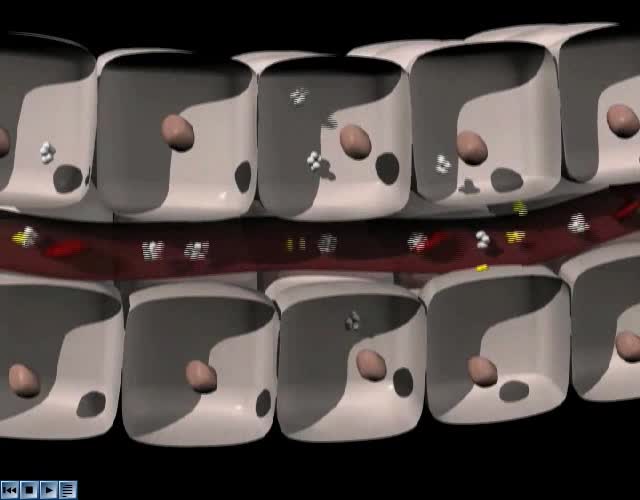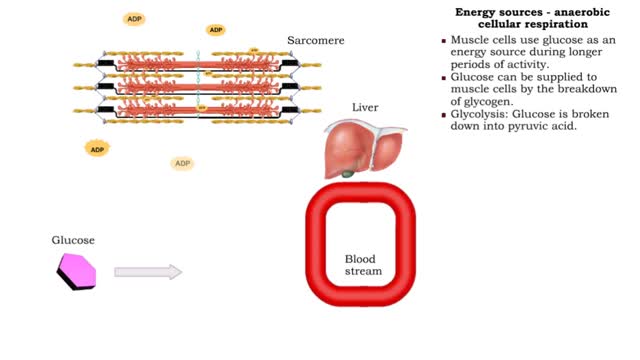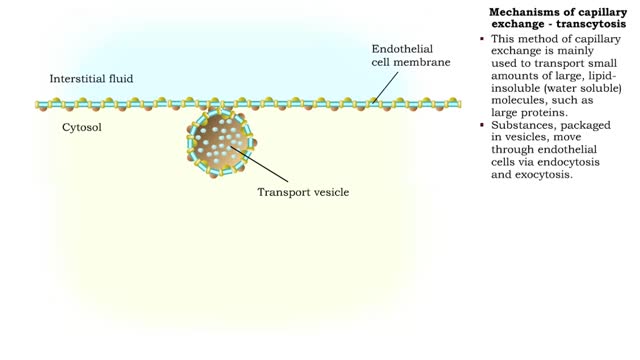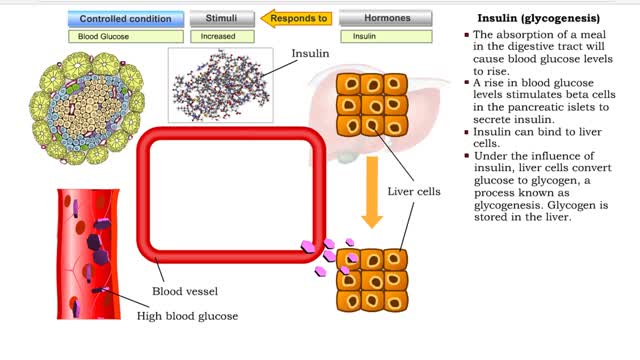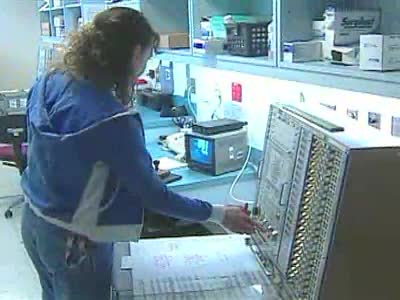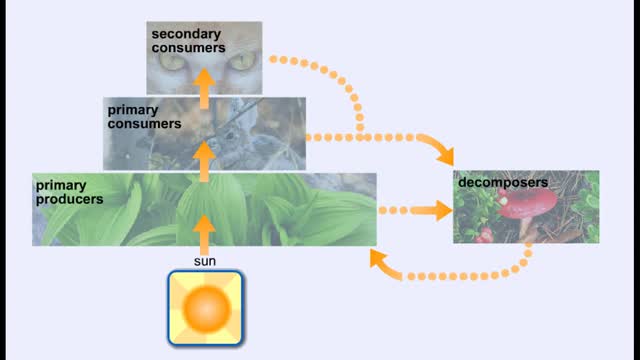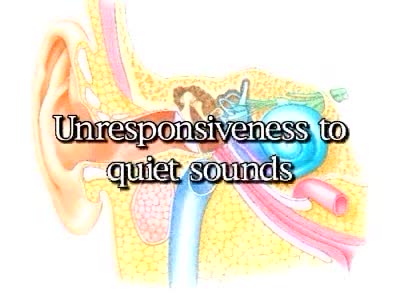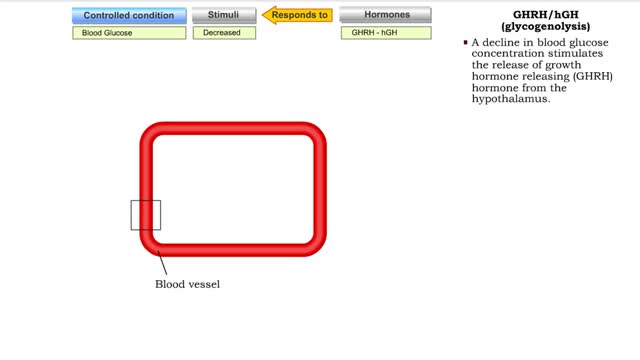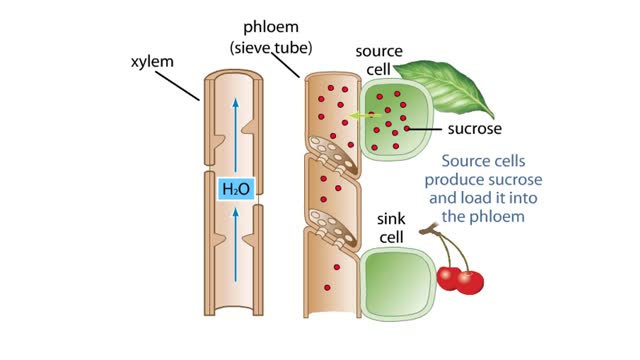Search Results
Results for: 'amino group'
By: Administrator, Views: 15474
Hypoglycemia, also known as low blood sugar, is when blood sugar decreases to below normal levels. This may result in a variety of symptoms including clumsiness, trouble talking, confusion, loss of consciousness, seizures or death. A feeling of hunger, sweating, shakiness and weakness may also be...
By: HWC, Views: 11325
• The amount of ATP stored in a skeletal muscle cell can only provide muscular activity for two to three seconds. • Muscle cells must be able to generate additional molecules of ATP to continue contracting. • Muscle cells can generate ATP from several processes: • Phosphogen syste...
Mechanisms of capillary exchange
By: HWC, Views: 11311
■ The primary role of capillaries is to permit the exchange of nutrients and wastes between the blood and tissue cells (via interstitial fluid). ■ Oxygen and nutrients move from the blood to the cells. ■ Carbon dioxide and other wastes move from the cells to the blood. The three ba...
Insulin (glucose uptake by body cells), glycogenesis and lipogenesis
By: HWC, Views: 11356
Insulin is the regulator that allows the sugar from the foods we eat (be it a piece of cake or a stick of celery) to enter our tissues and become part of the metabolic process. Insulin is made by the Islets of Langerhans, which are found in the pancreas of every person. As we previously mentio...
By: Administrator, Views: 14245
Epilepsy is a group of neurological disorders characterized by epileptic seizures. Epileptic seizures are episodes that can vary from brief and nearly undetectable periods to long periods of vigorous shaking. These episodes can result in physical injuries, including occasionally broken bones. In ...
Energy Flow - Trophic Levels and Food
By: HWC, Views: 10716
All of these relationships between different species are founded on one thing: energy. Organisms get food in order to get energy, which is used by the organism for growth, maintaining health, and reproduction. We can classify the members of a community according to how they obtain food. Produc...
By: Administrator, Views: 14228
Otitis media is a group of inflammatory diseases of the middle ear. The two main types are acute otitis media (AOM) and otitis media with effusion (OME). AOM is an infection of rapid onset that usually presents with ear pain. In young children this may result in pulling at the ear, increased cryi...
Hormonal feedback loop components & Glucagon (glycogenolysis and gluconeogenesis)
By: HWC, Views: 10928
The endocrine system maintains many body conditions within normal limits with feedback loops. Each endocrine feedback loop maintains homeostasis using the following components: • Stimulus - a change in a body condition. • Production cell - an endocrine cell that produces a hormone after ...
The Pressure Flow Model in a Plant
By: HWC, Views: 10508
The vascular system of plants has two transport tissues, called xylem and phloem. Xylem transports water and minerals, while phloem transports a variety of dissolved substances, including sugars and amino acids, throughout the plant. Water in the xylem always moves up, in the direction from th...
Advertisement



